Architecture
MPhil or PhD or PhD by Practice or PhD by Published Work or Research Degree involving Creative Work
A dynamic and thriving research environment
Key facts
Start dates
June 2025 / September 2025 / January 2026 / June 2026 / September 2026
Application deadline
It is recommended that you apply at least 6 months in advance of your intended start date to allow adequate time for your application to be processed (in the case of UK/EU with settled status applicants, no less than 6 weeks).
Location
Course length
Full time: 1 - 3 years
Part time: 4 - 6 years
School(s)
Funding status
Self-funded
More details
Occasionally we have competitive studentships to apply for. Please contact the PGRT to enquire.
Overview
The School of Architecture is committed to engaging in world-leading research that addresses social, environmental and architectural challenges - locally, nationally and internationally. We provide a dynamic and inspirational research environment and a diverse and inclusive research culture, incorporating the work of all staff and students.
As a research student, you will be affiliated with one of the School’s research groups. Projects can cover a wide range of areas in and associated with Architecture, including:
- construction
- structural technologies
- energy
- low carbon
- sustainability of the built environment
- vernacular architecture
- conservation
- urbanization
- humanitarian practice
- architectural practice
- Building Information Modelling (BIM)
- design theory
- Live projects
- social justice
- health and the environment
- housing and home.
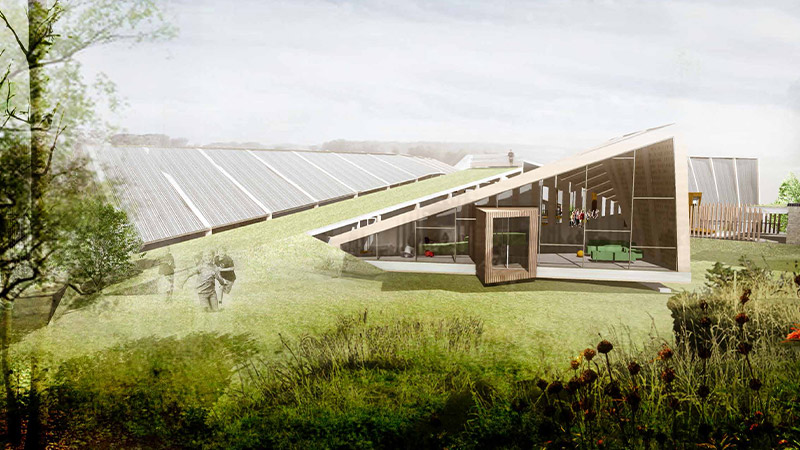
Degree routes
All students enrol as probationer research students. During the first year you will formally register your research proposal for one of the below routes.
The degree for which you register will depend on your academic qualifications and research experience.
MPhil (with possibility of transfer to PhD)
Most students initially register for an MPhil with the possibility of transfer to a PhD without submitting for an MPhil. During your MPhil you will:
- critically investigate and evaluate an approved topic
- demonstrate understanding of research methods appropriate to the chosen field
- present and defend a substantial thesis by oral examination.
Length of study
- Full Time: min 2 years, max 3 years for MPhil component only; for MPhil/PhD, min 3 years, max 5 years.
- Part Time: min 3 years, max 4 years for MPhil component only; for MPhil/PhD, min 4 years, max 6 years.
Entry requirement: the minimum entry requirement for an MPhil degree, or an MPhil with the intention of transferring to a PhD, is:
- a first-class or upper second-class UK honours degree
- a relevant master’s qualification
- or an equivalent qualification.
Applications from those holding qualifications other than the above will be considered on their merits and in relation to the nature and scope of the work proposed.
PhD by Practice
A PhD by Practice is a PhD undertaken through workplace-based research (including in an architectural practice) or through action research. The outcome would be a practical piece of work and a critical reflection on that work. The relationship between practical and critical work will vary from project to project.
‘By practice’ covers a number of different approaches:
- developing an innovative project at a workplace (paid or unpaid work) for example, developing new tools (technical or analytical)
- implementing a project (where the project or the implementation methods in itself are identified as contributing new knowledge in the field, such as testing new practices)
- learning and documenting new or hitherto undocumented/under-researched practices in a community of practice
- adapting practices to new environments
- formulating a new policy (institutional or thematic)
- working on a project/learning at work (including activist research in which the candidate actively works for change in an organisation/group).
The aim with a PhD by practice is to investigate critically and evaluate an approved topic resulting in an independent and original contribution to the field, and demonstrate an understanding of research methods appropriate to the chosen field by documenting, understanding, analysing and possibly developing particular practices related to a workplace or community of practice.
The guiding principle is that basic research and knowledge expansion can happen through practice-based research. Practice-based research is often time-consuming and the innovations made possible through such research need to be acknowledged.
Entry requirement: the minimum entry requirement is:
- a first-class or upper second-class UK honours degree
- a relevant master’s qualification
- or an equivalent qualification.
Applications from those holding qualifications other than the above will be considered on their merits and in relation to the nature and scope of the work proposed.
PhD by creative work (PhD by design)
You may undertake a programme of research in which your own creative work or practice forms the most significant part of the intellectual enquiry. These creative work degrees may be in any field but must be undertaken as part of a registered research programme.
Length of study:
- Full Time: min 2 years, max 3 years for MPhil component only; for MPhil/PhD, min 3 years, max 5 years.
- Part Time: min 3 years, max 4 years for MPhil component only; for MPhil/PhD, min 4 years, max 6 years.
Entry requirement: the minimum entry requirement is:
- a first-class or upper second-class UK honours degree
- a relevant master’s qualification
- or an equivalent qualification.
Applications from those holding qualifications other than the above will be considered on their merits and in relation to the nature and scope of the work proposed.
PhD direct
The criteria for a PhD are similar to those for an MPhil, with the key difference that:
- the research carried out will result in an independent and original contribution to knowledge.
Length of study:
- Full Time: min 2 years, max 5 years.
- Part Time: min 3 years, max 6 years.
Entry requirement: a recent master’s degree in a discipline appropriate to the proposed research. The master’s needs to have included research training and a research project.
In exceptional cases, applicants who have a good honours degree (or equivalent) may apply for direct registration to a PhD if they have appropriate research or professional experience at postgraduate level which has resulted in published work, written reports or other appropriate evidence of accomplishment. An unpublished master’s dissertation would not suffice in this instance.
PhD by published work
The degree of PhD on the basis of published work may be awarded to candidates whose submitted work:
- reflects the same academic standards as those which operate for a traditional PhD based upon an approved programme of supervised research
- forms a coherent programme of research
- demonstrates the use of appropriate research methodology
- and makes an original and sufficient contribution to the present state of knowledge in a particular field to the satisfaction of the examiners.
Applicants should normally have had some prior association with Oxford Brookes University. The submission for examination comprises the published work on which the application is based, together with a supporting critical appraisal of this work.
Length of study:
- Part Time: 1 year
Entry requirement: the minimum entry requirement is:
- a first-class or upper second-class UK honours degree
- a relevant master’s qualification
- or an equivalent qualification.
Applications from those holding qualifications other than the above will be considered on their merits and in relation to the nature and scope of the work proposed.
Why Oxford Brookes University?
As a research student you will be joining a School that is involved with world-leading research in a dynamic and vibrant environment. You will benefit from:
- links with the wider faculty (the School of the Built Environment, School of Engineering, Computing and Mathematics and the School of Arts)
- automatic membership of the Faculty Doctoral Training Programme (DTP).
- optional training courses, student events, lectures and other opportunities
- 24-hour access to digital suites with specialist programmes such as Building Information Modelling (BIM), ArchiCAD, Revit, Geographic Information Systems (GIS) modelling, 3D Studio Max and, Rhino 3D
- a purpose-built workshop offering dedicated spaces, tools and technologies for working with a wide range of materials
- close links with the UK and international practice, civil society, industry and government
- a Director of Studies and at least one other supervisor
- a range of personal support that includes access to a wide range of staff who are available for consultation.
Staff
Current supervisors in the School of Architecture include:
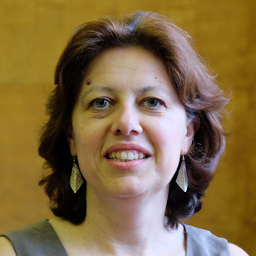
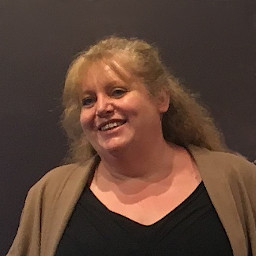
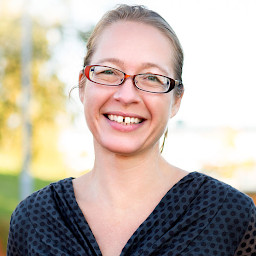

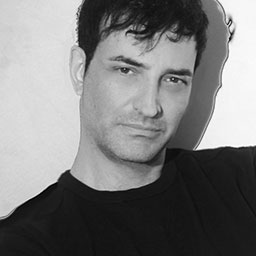
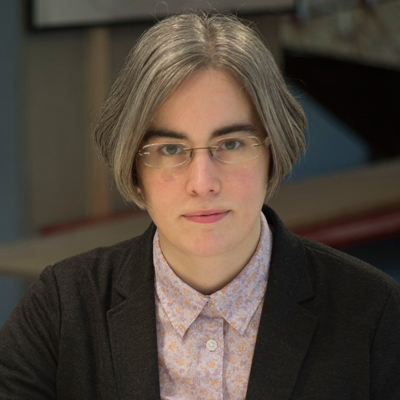

Dr Julia Wedel
Senior Lecturer in Architecture, Subject Coordinator International Architectural Regeneration and Development
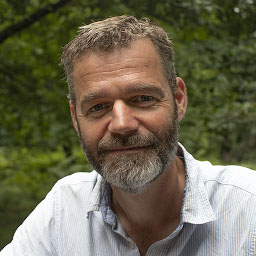
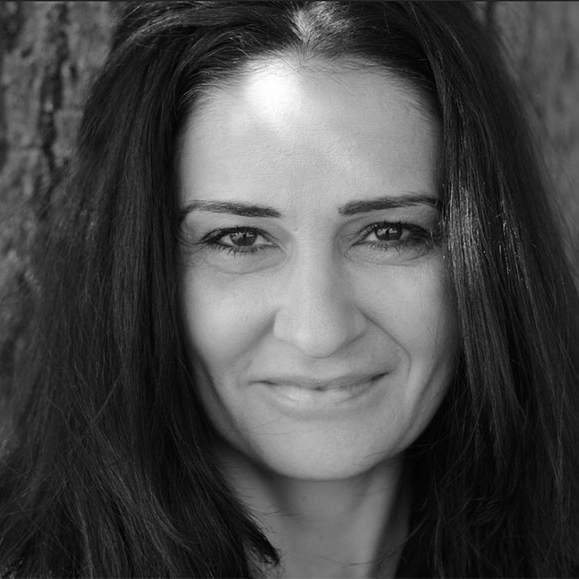
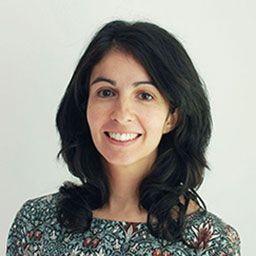
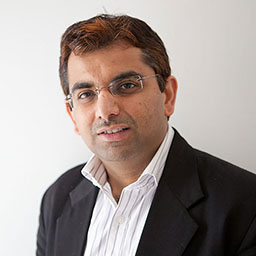
Professor Rajat Gupta
Professor of Sustainable Architecture and Climate Change, Director of OISD and LCB Group


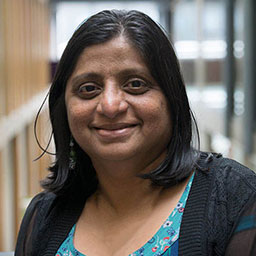
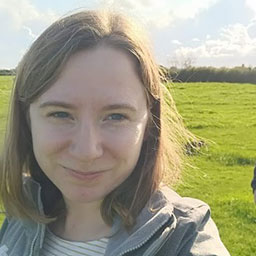
Students
Catalina Morales Maya
Inclusive building, neighbourhood design and actual space performance in the context of urban spaces, UK
Fatima Hashmi
Understanding forms and processes of stigmatisation and populations’ responses: A multi-site case study of ethnic minority groups in Pakistan and Colombia.
Grace Khawams
Assessing job readiness among Lebanese and Palestinian refugee youth with intellectual disabilities in Lebanon: An Action Research Framework
Kate McAuliff
Deaf Refugees in Jordan and Lebanon: a conceptual framework of agency and double displacement
Oscar Natividad Puig
The role of multi-scalar networks in participatory urban interventions addressing socio-spatial inequality: an actor- network perspective
Sherin Al shaikhahmed
Leadership of youth with disabilities in the context of Humanitarian-Development Nexus
Tobias Vokuhl
Built back better? Exploring end-user perceptions of Economic, Symbolic, Cultural and Social capitals gained or lost in Nepal Government grant qualifying post-earthquake reconstruction housing.
How to apply
Entry requirements
Please see the degree routes section above for specific entry requirements.
English language requirements
If English is not your first language you will need to provide an IELTS language certificate with an overall score of 6.5 (with no less than 6.0 in any element).
As a result of very recent changes made by UK Visas & Immigration, please note we no longer regard TOEFL as an acceptable language test for entry to Oxford Brookes. This applies whether you require a Student visa or not. You can find more details on our English language requirements pages.
If you do not meet these requirements you may be able to take our University English as a pre-sessional course.
Application process
- check entry requirements and fees
- explore our research groups and supervisory staff pages to see how your chosen field of study aligns with the research portfolio within the school
- agree your research with Emma Rowden (erowden@brookes.ac.uk), and advise her that you are considering making an application.
- You are also welcome to contact particular academics to help you develop your ideas
- formulate your proposal. You can indicate any staff members whom you would like to work with, or Emma will circulate your proposal to the most appropriate staff to get their comments.
- if the proposal is accepted, Emma will ask you to make a formal application, or give you advice on how the proposal may be improved. For guidance on writing a PhD research proposal see our Guide to writing PhD Research Proposals.
- gather required supporting documents
- submit your application through Oxford Brookes online application system
- email the supporting documents directly to tde-research-pgr@brookes.ac.uk
Supporting documents
Before applying through the Oxford Brookes online application system please make sure you gather the following supporting documentation:
- research proposal
- scan of your passport - to confirm your name and date of birth. We will then ensure that any offer letters issued to you correspond with your passport name, this will help when applying for a student visa
- IELTS Certificate or equivalent (if required) – no older than two years from the proposed start date of your programme.
- scan of your final degree certificates already awarded
- scan of transcripts
- two references (at least one academic) – your references must be on institutional headed paper and be dated and signed by referee(s). They can be sent directly to the Research Administrator in the Faculty of Technology, Design and Environment in a sealed envelope, or emailed. Please note that it is the applicant’s responsibility to ensure their referees supply these documents
- evidence of funding – (if sponsored by an employer or government, you must provide evidence in the form of a recently dated sponsorship letter on official headed paper. If supporting your studies from private funds, you must provide a recently dated bank statement).
Tuition fees
Tuition fees
Fees quoted are for the first year only. If you are studying a course that lasts longer than one year, your fees will increase each year.
For International fees the following factors will be taken into account by the University when it is setting the annual fees: inflationary measures such as the retail price indices, projected increases in University costs, changes in the level of funding received from Government sources, admissions statistics and access considerations including the availability of student support.
Home fees are set by UK Research and Innovation (UKRI) and are released approximately five months before the start of each academic year.
If you have any questions about fees, get in touch with the Research Degrees Team at rdt-researchdegrees@brookes.ac.uk.
How and when to pay
Tuition fee instalments for the semester are due by the Monday of week 1 of each semester. Students are not liable for full fees for that semester if they leave before week 4. If the leaving date is after week 4, full fees for the semester are payable.
- For information on payment methods please see our Make a Payment page.
- For information about refunds please visit our Refund policy page
Compulsory costs
| Additional costs | Amount (£) |
|---|---|
Continuation fee The continuation fee, where it is payable is compulsory, but not applicable to Masters by research or PhD by Published Work, detailed as follows:
|
£1455 |
Optional costs
| Additional costs | Amount (£) |
|---|---|
Bench fees for full-time study will be calculated on an individual basis and the amount will depend on the subject and project. In some cases no bench fee will be charged. |
£5000 |
Bench fees for full-time study will be calculated on an individual basis and the amount will depend on the subject and project. In some cases no bench fee will be charged. |
£2500 |
It’s your responsibility to cover print / binding costs where coursework submission is required. Please note that a lot of the coursework is now submitted online. |
From £30 |
| You may choose to purchase books to support your studies. Many books on our reading lists are available via the Library, or can be purchased secondhand. | £20-60 per book |
Accommodation fees in Brookes Letting (most do not include bills) |
£94-265 per week |
Accommodation fees in university halls (bills included, excluding laundry costs) |
£122-180 per week |
Graduation costs include tickets, gowning and photography. Gowns are not compulsory but typically students do hire robes, starting at £41. |
Typically £0-200 |
Students are responsible for their own travel to and from university for classes. BrookesBus travel is subsidised for full-time undergraduate students that are on a course with a fee of £9,250 or more, or living in an Oxford Brookes hall of residence. There is an administration fee for the production of a BrookesKey. |
From £10 |
Resubmission fees If following viva, examiners recommend that a student is required to revise and resubmit their thesis for re-examination, they must pay the resubmission fee for the duration of that period. |
£1455 |
Funding your studies
Financial support and scholarships
Featured funding opportunities available for this course.
